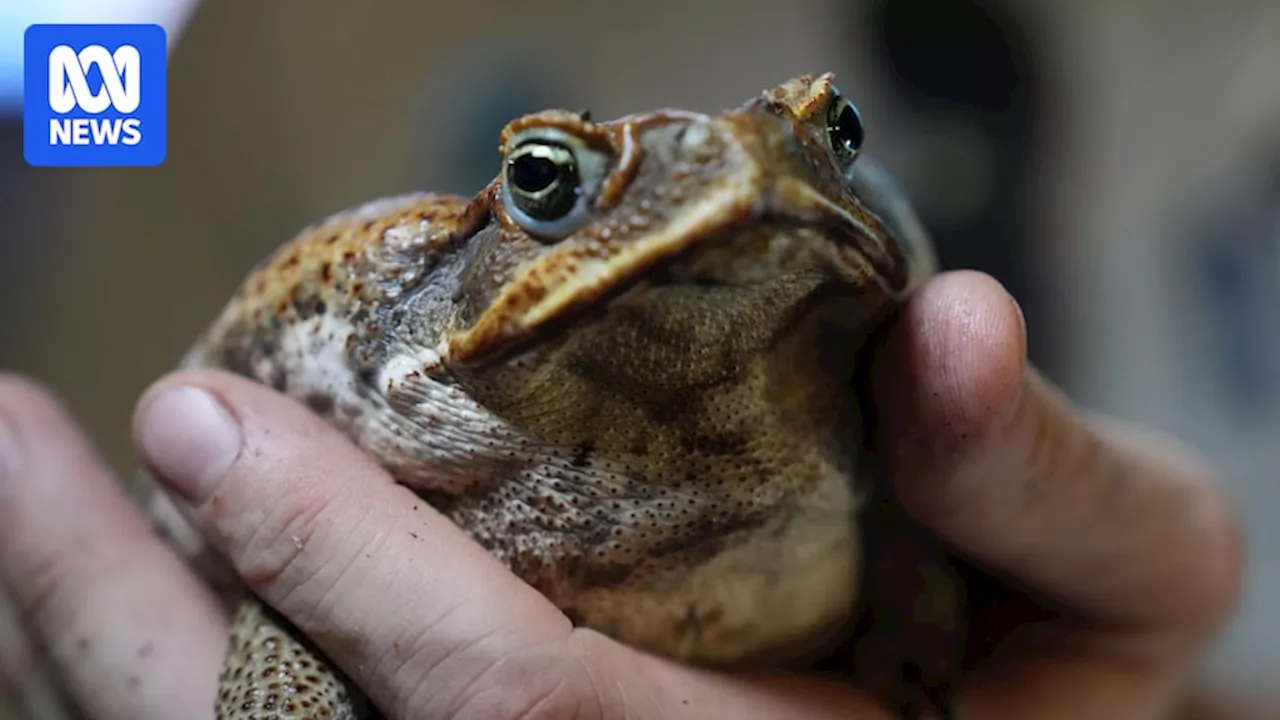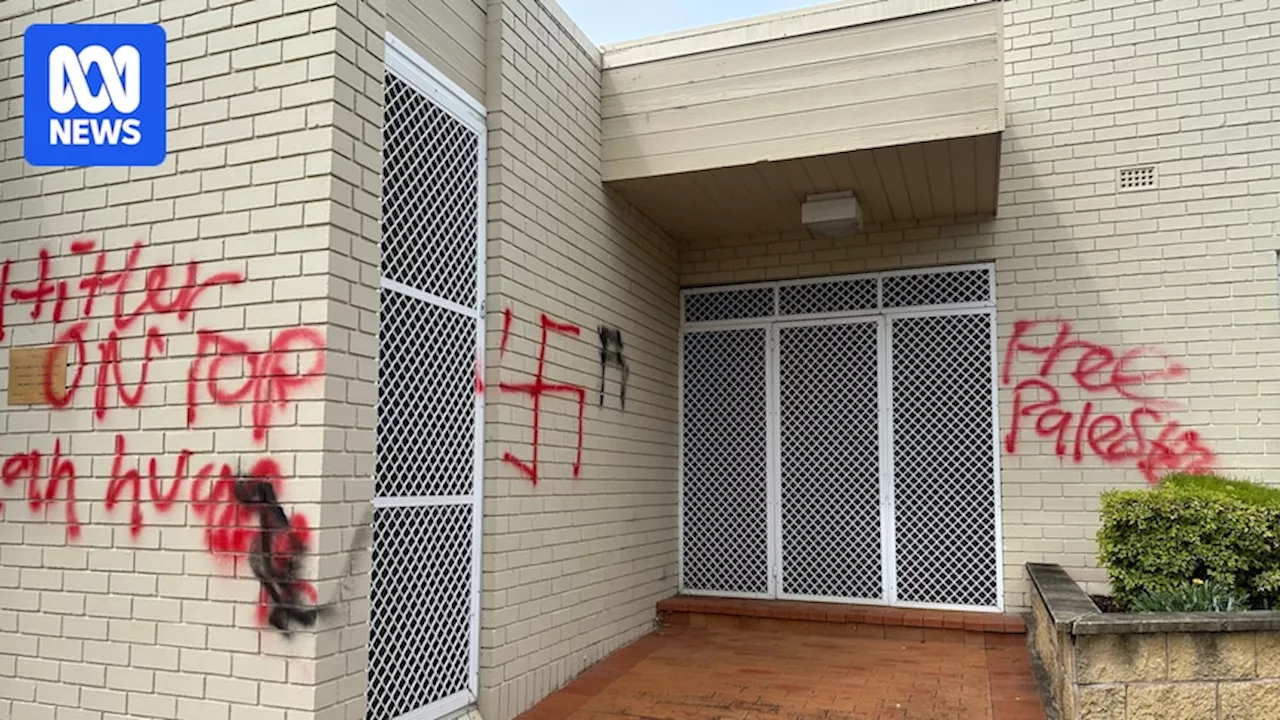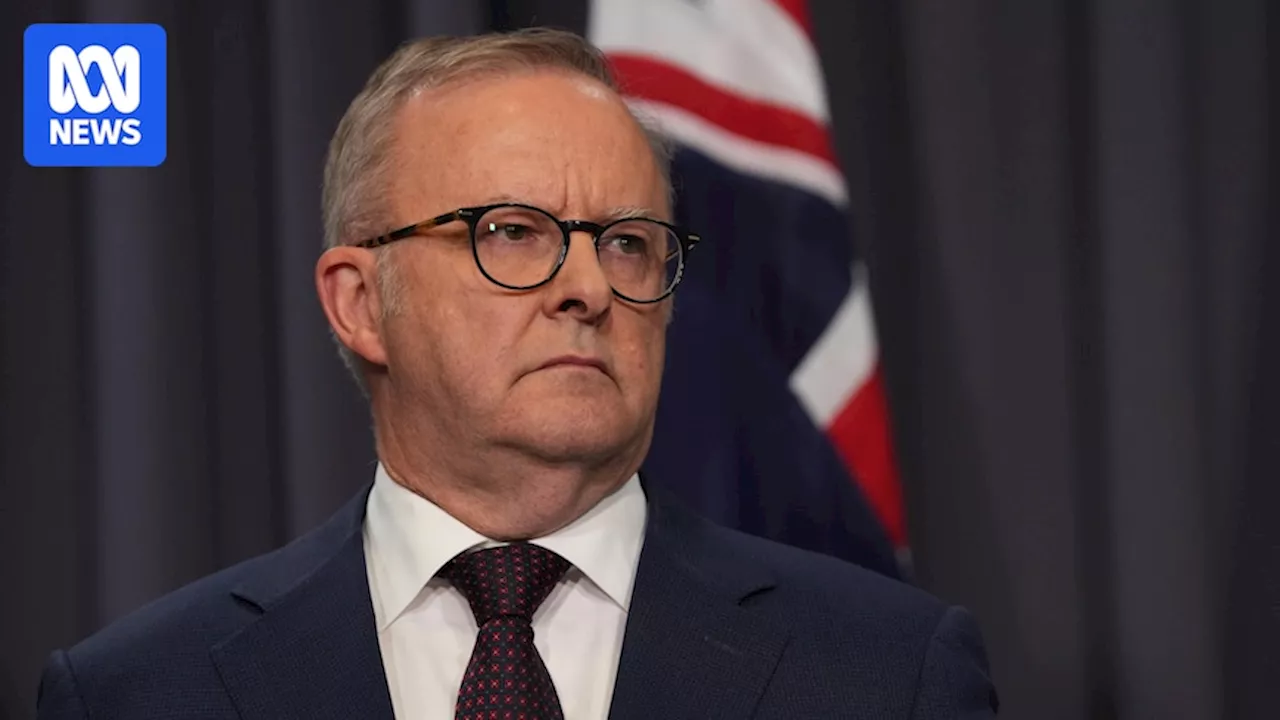Anthony Albanese's government is facing increasing scrutiny for its handling of the rising tide of anti-Semitism in Australia. While the government has implemented measures to combat the issue, critics argue that a lack of empathy and decisive action is undermining efforts to effectively address the problem.
Anthony Albanese highlighted the various measures his government has implemented to combat anti-Semitism. However, he struggles to escape the perception of constantly being on the defensive and often lacking adequate empathy and sensitivity when addressing the issue. Consider Australia 's representation at next week's commemoration in Poland marking the 80th anniversary of the liberation of Auschwitz.
This is a significant global event, with King Charles and several world leaders, including French President Emmanuel Macron, in attendance. Alex Ryvchin, the co-chief executive of the Executive Council of Australian Jewry, has spoken about the series of anti-Semitic attacks in Sydney, particularly in the eastern suburbs where a large Jewish population resides. These incidents have generated widespread community outrage and a strong police response. The Australian government is sending two cabinet ministers: Foreign Minister Penny Wong and Attorney-General Mark Dreyfus. Mr. Dreyfus, being the most senior Jewish member of the government, is a natural choice. However, Ms. Wong's inclusion is controversial. She is viewed unfavorably by many within the Australian Jewish community who, frankly, perceive her as lacking sympathy for Israel and holding excessive influence over the Prime Minister. Ms. Wong's trip to Poland is scheduled on her return journey from the Trump inauguration. While this might be convenient, it would have been more appropriate and strategic to select Deputy Prime Minister Richard Marles to lead the Australian delegation to Poland. Mr. Marles commands significant respect within the Jewish community (and outranks Ms. Wong).A long-overdue meeting, which felt rushed and produced the underwhelming outcome of establishing a national database of anti-Semitic incidents, took place recently. The national cabinet responded to calls from various individuals, including the government's own special envoy to combat anti-Semitism, Jillian Segal – calls that should have been addressed sooner. Mr. Albanese had previously argued that people desired action rather than meetings and that he was consulting with the Premiers of NSW and Victoria, where the attacks have been concentrated. The delay in convening the national cabinet mirrored Mr. Albanese's previous reluctance last year to establish a specialized operations force led by the Australian Federal Police. Mr. Albanese once again found himself overshadowed this week by NSW Premier Chris Minns, during a joint press conference following the arson attack on a childcare center. Mr. Minns, who strongly condemned the perpetrators, calling them 'bastards,' appeared assertive; Mr. Albanese seemed less prominent, reinforcing the federal opposition's narrative of him as a 'weak' leader. Adding to the pressure on the government, Israel's Deputy Foreign Minister Sharren Haskel (who previously worked as a veterinary nurse in Bondi) issued fresh criticism this week, stating provocatively, 'What are they waiting for? For someone to die? For someone to be murdered?' The pressure extends beyond the government to encompass police (federal and state) and ASIO. Federal Police Commissioner Reece Kershaw emphasized this week that the police are making progress and anticipate further successes in the near future. The message seemed partly a plea for patience from the community, particularly the Jewish community. Mr. Kershaw revealed that the AFP believes 'criminals for hire' might be responsible for some incidents, adding, 'So part of our inquiries include: who is paying those criminals, where those people are — whether they are in Australia or offshore — and what their motivation is.' Despite this intriguing piece of information, the overall impression is that the agencies are largely in the dark about the intricacies behind this wave of anti-Semitism. There doesn't appear (so far) to be evidence of foreign actors, either state or non-state, or domestic extremist organizations being the driving force.For many voters, while they condemn the wave of anti-Semitism, it remains a relatively minor issue. However, it fuels broader, easily triggered concerns about crime and security, which benefits Opposition Leader Peter Dutton. The Australian Financial Review's latest Freshwater poll asked people to rank priority areas on which the government should focus. Crime and social order ranked fifth out of 16 issues; 26% of people placed it in their top three. Mr. Dutton has pledged that the Coalition would legislate for mandatory minimum sentences for anti-Semitic crimes
Anti-Semitism Australia Politics Government Jewish Community Crime Security
Australia Latest News, Australia Headlines
Similar News:You can also read news stories similar to this one that we have collected from other news sources.
 Reddy's Heroic Century Keeps India in the Fight Against AustraliaNitish Kumar Reddy's maiden Test century, achieved after a nail-biting near-miss, has propelled India towards a draw in the ongoing Test match against Australia. His partnership with Washington Sundar proved crucial in thwarting Australia's dominance.
Reddy's Heroic Century Keeps India in the Fight Against AustraliaNitish Kumar Reddy's maiden Test century, achieved after a nail-biting near-miss, has propelled India towards a draw in the ongoing Test match against Australia. His partnership with Washington Sundar proved crucial in thwarting Australia's dominance.
Read more »
 'Toad busters' take up the fight against deadly pest in northern AustraliaKitted out with torches, gloves and buckets, hundreds of 'toad busters' will go on the hunt for a dangerous invader across northern Australia this week.
'Toad busters' take up the fight against deadly pest in northern AustraliaKitted out with torches, gloves and buckets, hundreds of 'toad busters' will go on the hunt for a dangerous invader across northern Australia this week.
Read more »
 Anti-Semitism on the Rise in Australia: Special Envoy Calls for National Cabinet MeetingJillian Segal, Australia's special envoy for anti-Semitism, has called for a national cabinet meeting to address a surge in anti-Semitic attacks across the country. Multiple incidents, including a synagogue attack in Melbourne and arson at a Sydney synagogue, have raised alarm bells. Segal emphasizes the need for stronger inter-state coordination and harsher sentences for perpetrators.
Anti-Semitism on the Rise in Australia: Special Envoy Calls for National Cabinet MeetingJillian Segal, Australia's special envoy for anti-Semitism, has called for a national cabinet meeting to address a surge in anti-Semitic attacks across the country. Multiple incidents, including a synagogue attack in Melbourne and arson at a Sydney synagogue, have raised alarm bells. Segal emphasizes the need for stronger inter-state coordination and harsher sentences for perpetrators.
Read more »
 Israel Accuses Australia of Fueling Anti-SemitismIsrael has sharply criticized the Australian government's handling of a recent surge in anti-Semitic attacks, accusing it of inaction and fostering an environment where anti-Semitism can flourish. The Israeli Deputy Foreign Minister Sharren Haskel has called for stronger action from Australian authorities, while Australian Foreign Minister Anthony Albanese has defended the government's record on combating anti-Semitism.
Israel Accuses Australia of Fueling Anti-SemitismIsrael has sharply criticized the Australian government's handling of a recent surge in anti-Semitic attacks, accusing it of inaction and fostering an environment where anti-Semitism can flourish. The Israeli Deputy Foreign Minister Sharren Haskel has called for stronger action from Australian authorities, while Australian Foreign Minister Anthony Albanese has defended the government's record on combating anti-Semitism.
Read more »
 Historical Echoes: The Fight Against Fascism in 1936 and TodayThis article draws parallels between the rise of fascism in 1930s Britain and contemporary instances of anti-immigrant sentiment and violence. It recounts the story of the Jewish community's resistance to Oswald Mosley's Blackshirts in 1936, highlighting their bravery and unity in the face of hate.
Historical Echoes: The Fight Against Fascism in 1936 and TodayThis article draws parallels between the rise of fascism in 1930s Britain and contemporary instances of anti-immigrant sentiment and violence. It recounts the story of the Jewish community's resistance to Oswald Mosley's Blackshirts in 1936, highlighting their bravery and unity in the face of hate.
Read more »
 UK Communities Fight Against New IncineratorsNew plans for energy-from-waste incinerators in the UK are facing backlash from communities concerned about their environmental and health impacts.
UK Communities Fight Against New IncineratorsNew plans for energy-from-waste incinerators in the UK are facing backlash from communities concerned about their environmental and health impacts.
Read more »
